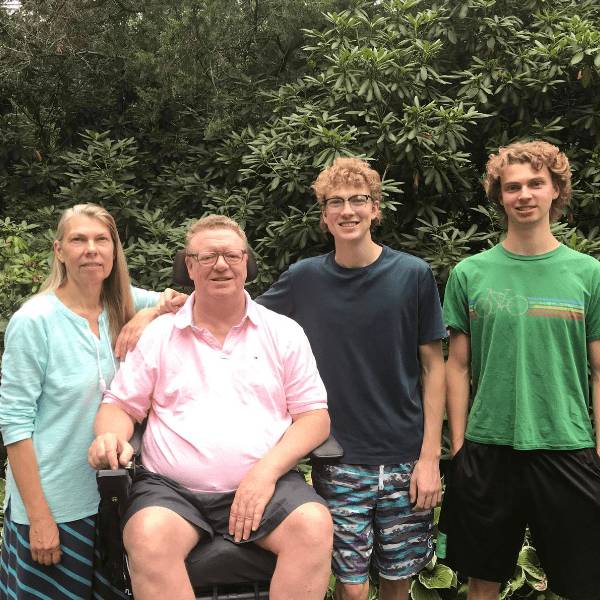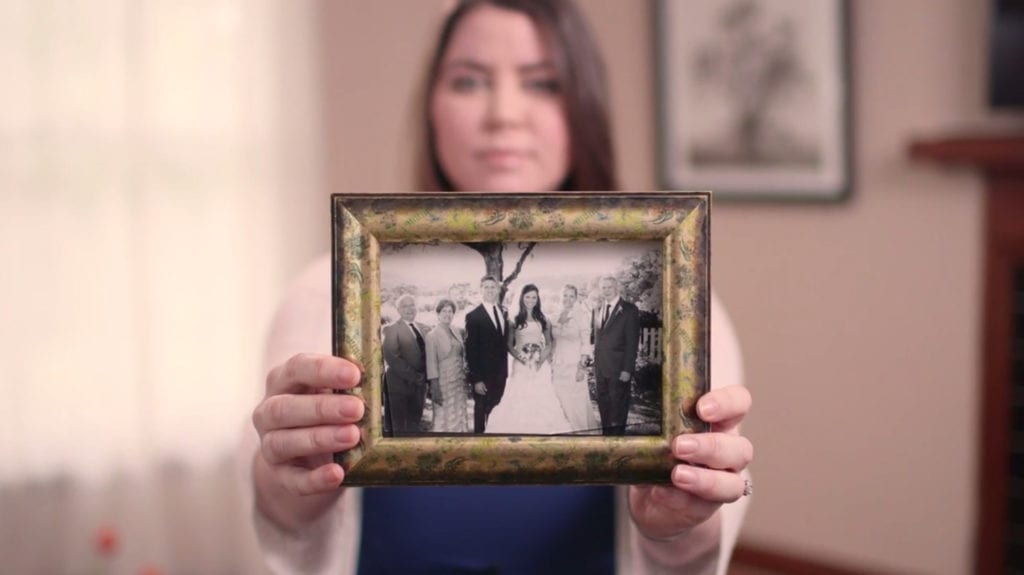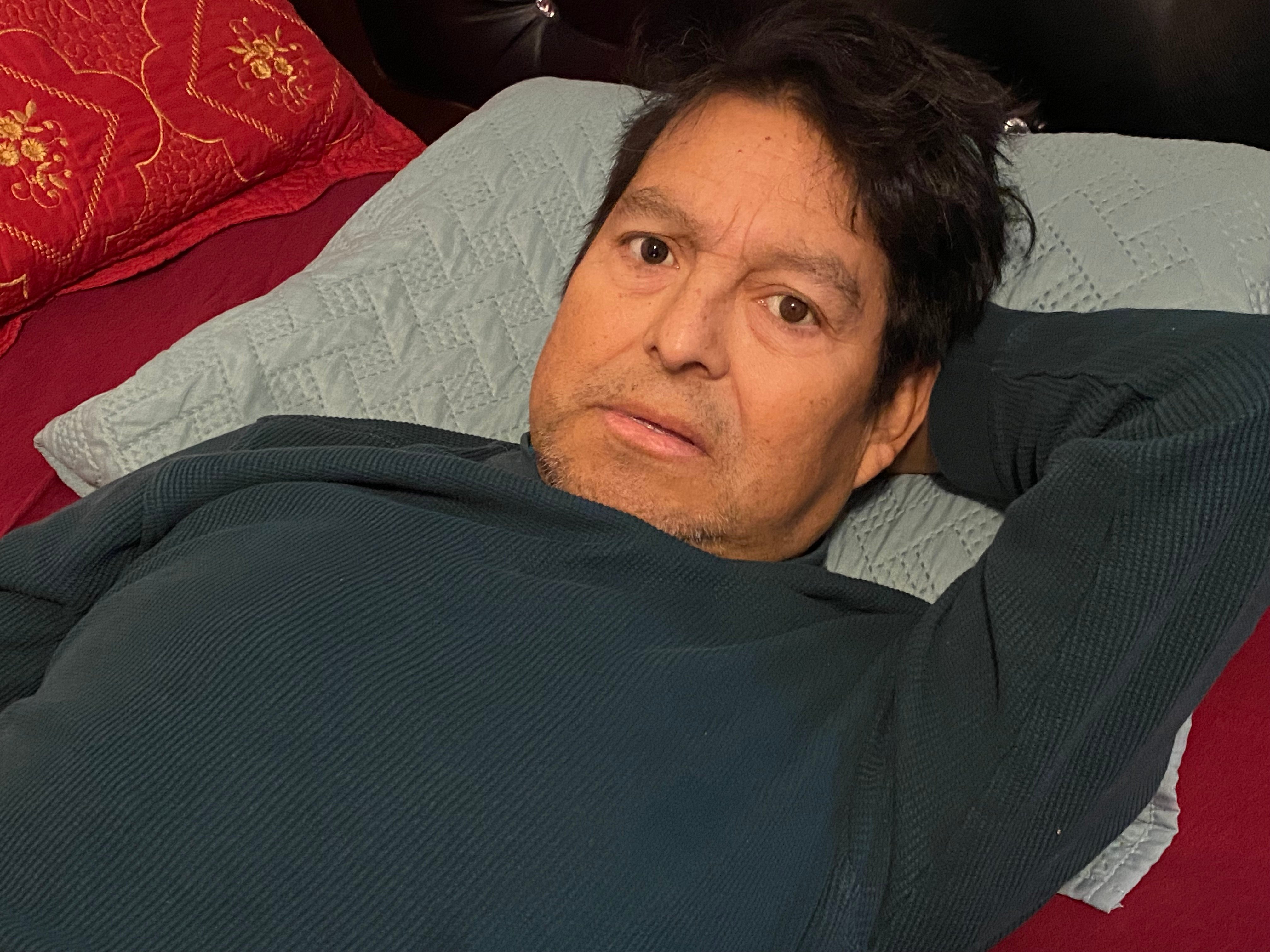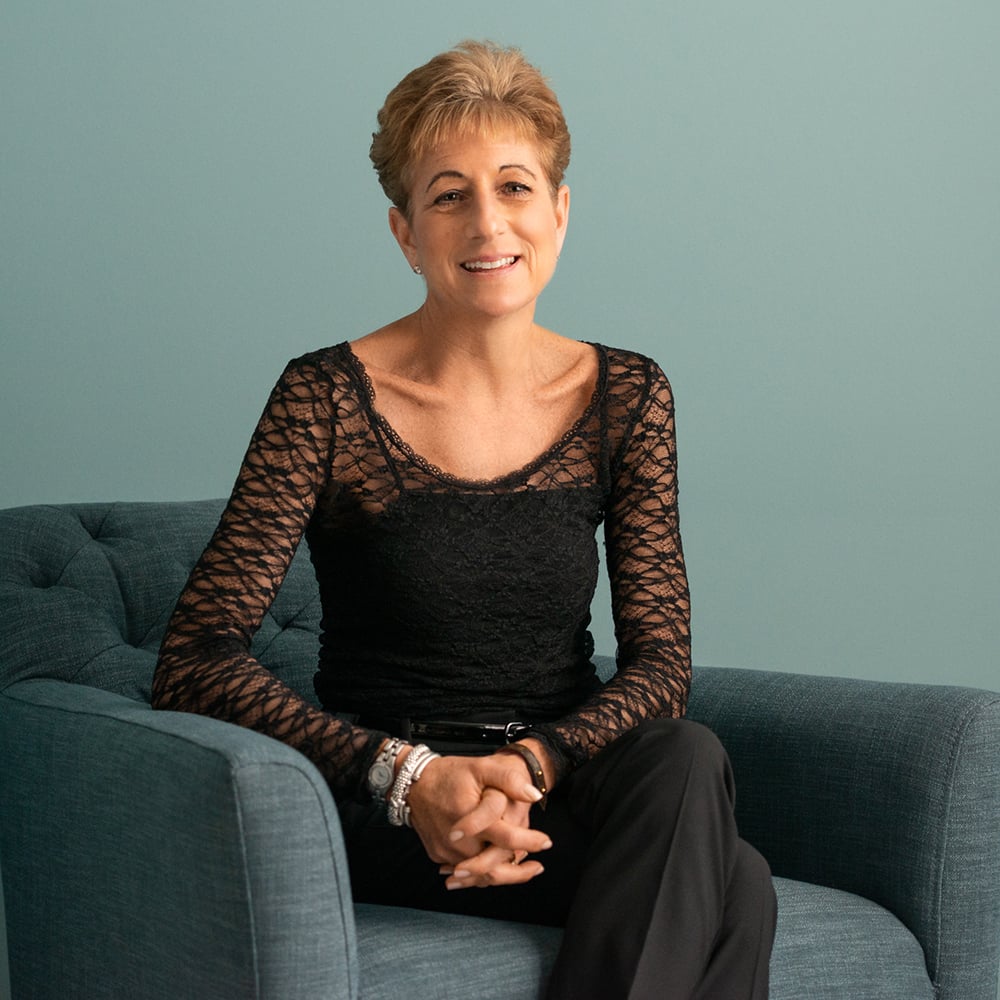Michael shared his story in July 2020. He also wrote an op-ed published by The Boston Globe: Mass. should enact End of Life Options Act.
In 2015, my beloved brother Anthony died of a rare leukemia at the age of 67. Five years later, the ache in my heart is always available, as it is for his wife, family, friends, patients and many supporters.
Anthony was my best friend. He had a big, joyful personality, incredibly devoted friends and he was an esteemed psychologist. He was looked on as a confidante and mentor, not only by his clients but by his friends.
Anthony wanted to live. He fought hard, even enduring the demanding physical and emotional ordeal of a bone marrow transplant. He barely complained and kept on living, kept his schedule full as a psychologist, writer, and creative performer, but evident to anyone who dared sidestep denial was his suffering and fear, and unavoidably, his imminent death.
Anthony didn’t want to die suffering. He pleaded for an alternative and had explicit conversations with his doctor about his end-of-life wishes. He implored the leukemia doctor to be straight with him, and to stop when treatment was no longer the best use of his remaining precious time. He wanted to spend quality time saying goodbye to loved ones. But the word from his doctor never came.
What came were years of recurring hospitalizations and experimental treatments, including a $100,000 drug administered only days before he died. Anthony would eventually spend just one day at home on hospice care, mostly unable to communicate.
What bothers me is that treatment should have stopped sooner, and Anthony given the option to end his suffering with medical assistance and with his loved ones present. I know it’s one he would have taken, or had peace knowing he had the option.
Had Anthony lived in Oregon, Montana, Washington, or one of the other numerous states where medical aid in dying is allowed, I’d be sharing a different story. But he lived in Massachusetts, where unfounded fears continue to block this compassionate option.
I do not want to face a difficult death as a result of living in Massachusetts. I have been advocating for medical aid in dying since 2011 and seeing my brother die has emboldened me to get more involved.
In 1990, I was diagnosed with Friedreich's ataxia, a progressive neuromuscular disease, and since then, I have lost the ability to walk. I now use a wheelchair. Friedreich's ataxia causes various forms of heart disease, including heart enlargement and cardiac failure.
I co-founded the Ataxia Support Group in Boston in 2000 and know well the ravages of this disease and what awaits me at the end of my life. It’s a horrible way to go, trapped in your body as you lose all control over it until it eventually shuts down. It’s not the way I want to die.
It is important that I can direct how I want my final days to unfold by having the authority to decide my end-of-life care options based on my personal values and beliefs. As a disabled person, freedom and autonomy is especially important to me.
Having fought for Massachusetts’ medical aid-in-dying bill for nearly 10 years now, I have heard people from the disability community argue that we are a vulnerable population that would be pressured to use such a law. That is not the case. Disability does not qualify one to use medical aid in dying in any state.
The End of Life Options Act would honor the purpose of the American Disabilities Act: “to make sure that people with disabilities have the same rights and opportunities as everyone else.” This historic law’s mission is to provide people with disabilities the same autonomy and freedom as anyone else to make our own healthcare decisions at the end of life.
If the day ever comes when my illness is terminal and I face the prospect of a drawn-out painful death, I will want the option of medical aid in dying. I don’t know if I will need to use it, but I know I want the assurance that I have the choice.






